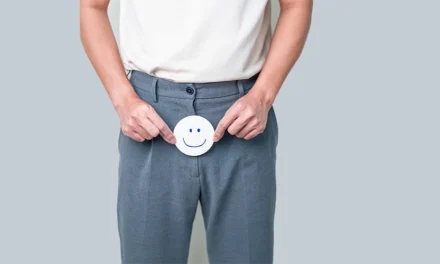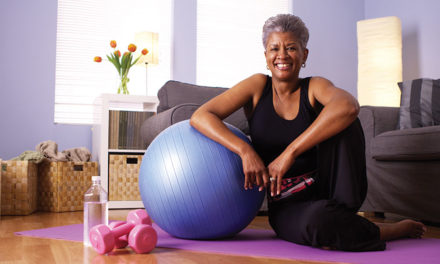By Charles Winton, Jr. LPC, EMDR-II
As the days get shorter and nights grow longer, many people look forward to the festive holiday season. However, for others, this time of year can be a challenge. December has been designated as Seasonal Depression Awareness Month to raise awareness about Seasonal Affective Disorder.
What is seasonal depression?
According to the National Institute of Mental Health, seasonal depression, or Seasonal Affective Disorder (SAD), is a type of depression that is related to changes in seasons. It usually begins in late fall or early winter and goes away in spring or summer. It may cause symptoms such as sadness, lack of energy, loss of interest, oversleeping, and weight gain. It is thought to be triggered by shorter days and less daylight. It can be treated with light therapy and antidepressants.
What are the signs and symptoms of depression?
- Feeling depressed most of the day, nearly every day
- Losing interest in activities you once enjoyed
- Changes in appetite or weight
- Difficulty sleeping
- Low energy
- Feeling hopeless or worthless
- Difficulty concentrating
- Thoughts of suicide
Who is most likely to be affected by SAD?
This condition is more prevalent in regions with harsher winters; however, it can affect those living in milder conditions, such as the Mid-South. SAD, like other mental health conditions, does not discriminate. It affects individuals of all ages, though older adults and women may have a higher risk.
It is crucial to be aware of the symptoms of depression in older adults, as they may be overlooked or mistaken for other conditions. Depression can cause memory issues, which may be misinterpreted as cognitive decline or the effects of aging, which could lead to a lack of necessary mental health treatment.
What can I do to prevent SAD?
Anyone experiencing these symptoms should contact their medical provider, as therapy and medications are the best solution. Additionally, here are a few things to help.
- Go outside and experience natural light and fresh air.
- Exercise regularly. You don’t need a rigorous exercise routine to feel better. Walking, lightweight conditioning, and bike riding can all make a difference.
- Eat healthy. During this time of year, indulging in sweets and fatty foods is easy. Choose your diet wisely and select healthy options.
- If you know that you are vulnerable to depression and decreased mood in the fall and winter months, get started early on activities and interventions that can help.
Where can I go for help?
If you or someone you know is experiencing symptoms of depression, seek help from a medical professional. There are many treatments available to help alleviate the symptoms of SAD and other types of depression. By being aware of the symptoms and seeking help when necessary, you can take steps to enhance your well-being and that of your loved ones.
The Oaks of Lakeside
We offer outpatient services for adults. We offer both day and evening schedules, including Partial Hospitalization and Intensive Outpatient programs designed for each patient where they are in their recovery journey. Virtual programs are also available for specified groups.
The Oaks of Lakeside has two locations, in Memphis and Jackson. For more information regarding their services, contact 901.355.0381 or visit Lakesidebhs.com.
Charles Winton, Jr. is a Licensed Professional Counselor with the state of Tennessee and believes in a holistic approach to therapy. He believes that all components of one’s life are interrelated, and understanding these complexities will allow proper healing to occur. Charles is the Program Director of The Oaks of Lakeside Outpatient Program in Memphis, and now Jackson, TN.







